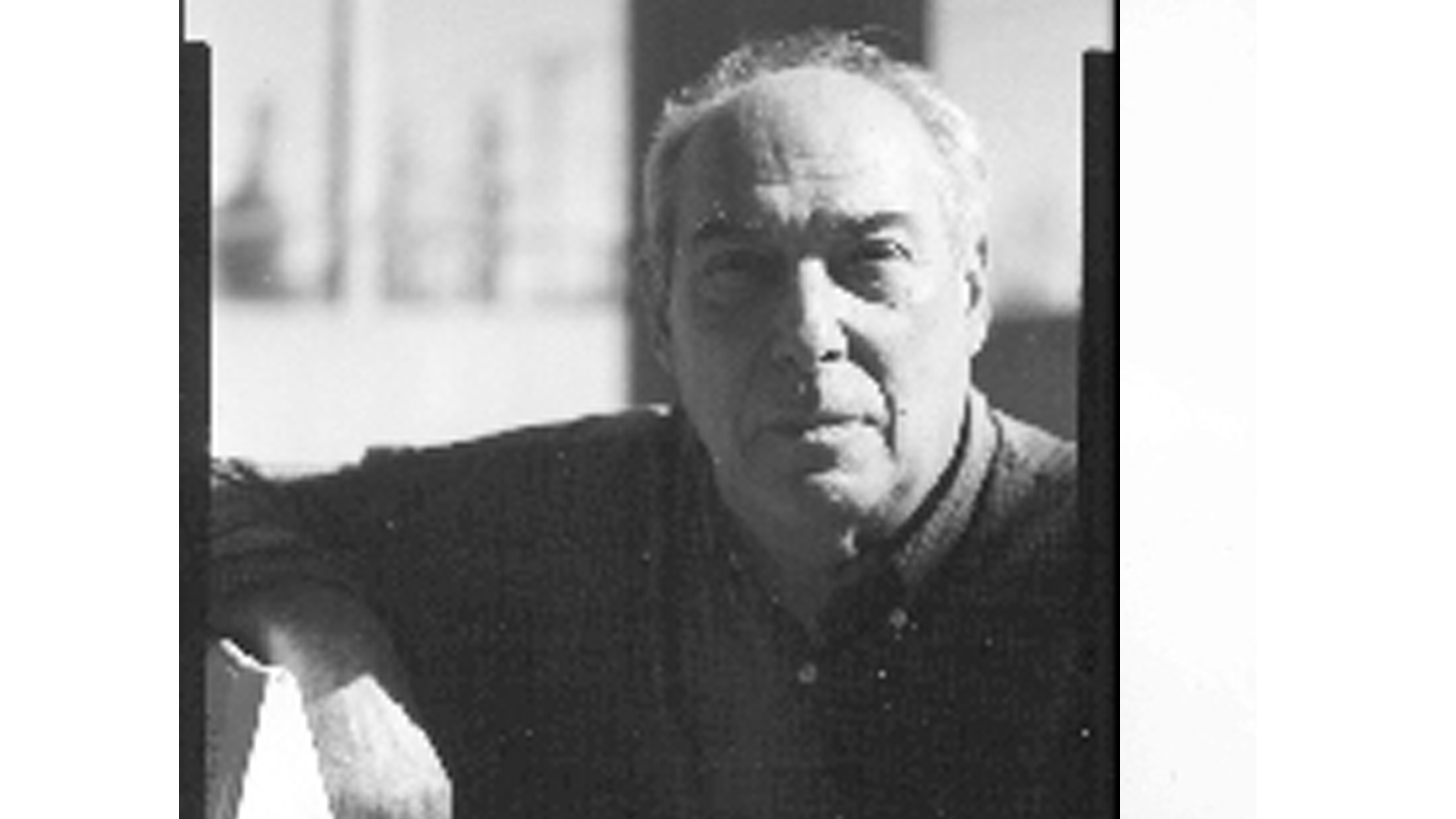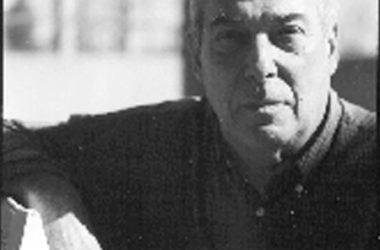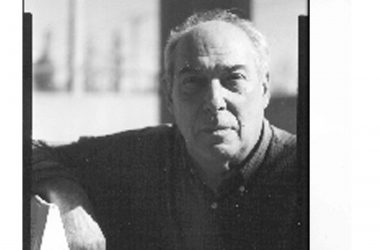The story of my early years is fairly ordinary, even to the leftwing influences. Every person is both unique and the product of historical circumstances. I have indulged in autobiography to what may seem excess in order to give a picture of my upbringing and the consciousness it produced. There was scarcely a Jew of my parents’ generation who was not touched by socialist ideas, and more than a few passed them on to their children. At some point I ceased thinking of myself as a Jew. I reached that point through several stages.
I graduated from CHS in June of 1958 and entered the University of Pennsylvania that fall. The atmosphere there was pretty much a continuation of what I had known at Central High, larger and not quite so Jewish. Little need be said: at Penn I recall defending the existence of Israel in an argument with a Palestinian student (the first I had ever met). I attributed Israel’s participation in the 1956 invasion of Suez to British and French manipulation, and I was too busy defending the Soviet crushing of the Hungarian revolt (which took place at the same time) to pay much attention to Suez. I also remember being amused by the map on the wall at the Middle East restaurant in South Philly that labeled what I called “Israel” as “Palestine.”
More important for me, in the summer after high school I fell in with the Provisional Organizing Committee (POC), a “Marxist-Leninist” sect breakaway from the Communist Party that identified with the national liberation movements of Asia, Africa and Latin America. Most of the POC’s fewer than one hundred members were black and Puerto Rican. The group included a few working-class Jews—a sheet-metal worker, a house-painter, a technician at an oil refinery, a couple of office workers—the last of the Mohicans of the once numerous legions of Jewish-American proletarians. They ate Jewish food and told Jewish jokes in the same way Puerto Rican members ate Puerto Rican food and told Puerto Rican jokes, differing only in that as whites they had access to neighborhoods and trades from which blacks and Puerto Ricans were generally excluded. (To tell the truth, they also ate Puerto Rican food, as did we all; one black comrade said, “In the Communist Party I learned to eat Jewish food; in the POC I learned to eat Puerto Rican food.”)
After three years of dividing my time between Penn and sectarian politics, I left school and went to work in a factory. Suddenly I found myself immersed in a world without Jews. In the twenty-three years I spent as an assembly-line worker, machine operator, machinist and maintenance man in steel mills, farm equipment plants and machine-tool and electrical parts factories, I met exactly three Jewish proletarians, all of the skilled stratum (not counting the scores of young Jewish radicals from middle-class backgrounds who went into industry with the aim of recruiting workers to their Party, and rarely stayed more than a few years). I encountered anti-Jewish sentiment, not the old-money snobbery I had known in the Ivy League but resentment toward a group of people who rarely worked with their hands for wages. In short, I encountered the “Socialism of fools.”
At that time I retained a residual sympathy for Israel, which I thought embodied something of the socialist spirit, especially when contrasted with the regimes of sheiks and sultans. The 1967 War changed that. I joined SNCC and others in condemning Israel as a colonialist power. I began to read. One book that had a big effect on my thinking was Arthur Koestler’s novel Thieves in the Night. Koestler had spent time in Palestine between 1926 and 1929. The novel is set in 1937, and revolves around a group of idealistic young kibbutzniks. What I most remember are their debates over which course to follow. As socialists their natural inclination was to side with the Arab masses; yet at every moment of decision they sided with the colonial power; most important, their course made sense once they had decided to build a Jewish state in a land where they were strangers. To me it meant that Israel’s reactionary nature was built into it from the start and that it could not have turned out other than how it did. I do not think it was the lesson Koestler intended to teach.
Send comments to [email protected]. Indicate if they are intended for publication.



